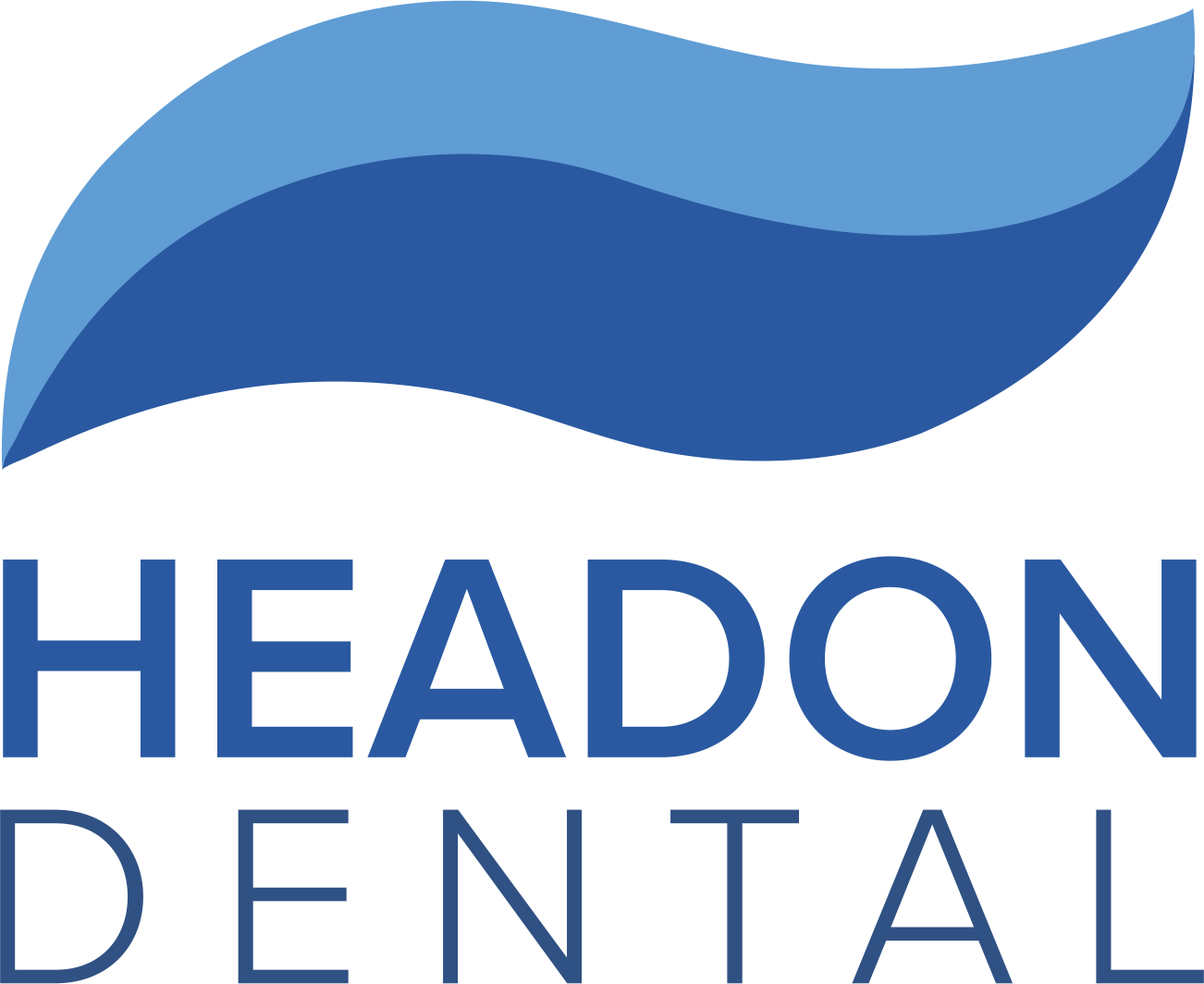Temporomandibular Joint Disorder
Managing Headaches and Jaw Pain
Many people suffer from pain, clicking and locking in their jaw joint (also known as the temporomandibular joint or TMJ). This condition is referred to as temporomandibular disorder, or TMD for short. TMD can occur for several reasons, but most commonly it is due to a clenching or grinding habit (also known as bruxing). For most people this is a nocturnal habit that occurs while they are asleep and completely unaware it is happening.
Signs that you may be clenching or grinding include muscle aches, headaches, stiffness or clicking in the jaw joint, generalized sensitivity in the teeth, cracked or chipped teeth, loose teeth, or notching in the teeth near the gumline.
For many people with mild to moderate TMD, the regular use of a nightguard can provide a great amount of relief. A nightguard also helps protect the teeth from the negative effects listed above. It is a clear plastic appliance that is custom made to fit your teeth and bite. It should be worn every night during sleep.
For patients who also clench and grind during the day, awareness is the key, along with a solid effort to stop the habit. However, some patients do find that they need to wear their appliance during certain daytime activities where they can’t seem to stop themselves from clenching and grinding, ie/ driving, studying, weightlifting, etc.
For more severe or persistent cases of TMD, referral to a physiotherapist or to an oral surgeon may be necessary.
Therapeutic Botox® is another option for the treatment of TMD, but it is typically reserved for cases where all other options have been tried and have not worked. TMD therapy is considered an off-label use for Botox because while some patients find incredible results, others see little or no improvements. For this reason, Botox is not considered a first-line treatment option, but when other options have failed or are not appropriate, then it is very reasonable to consider and can be very effective.
Botox acts by blocking signals from the nerves to the muscle fibers, which in turn allows the muscle to relax. For TMD patients, this relaxation can greatly reduce jaw pain. Also, with less force on the teeth it can lower the risk of the negative side effects associated with clenching and grinding habits (tooth wear, cracks, etc). Aesthetically, patients may also notice a desirable slimming effect on the face as the overused jaw muscles (the masseter muscle) are allowed to relax and in turn shrink back to a normal size.
Dr. Manor is a certified Botox provider.
Ask us about TMD solutions at your next visit, or call us at 905-332-6433 to book a consult!



